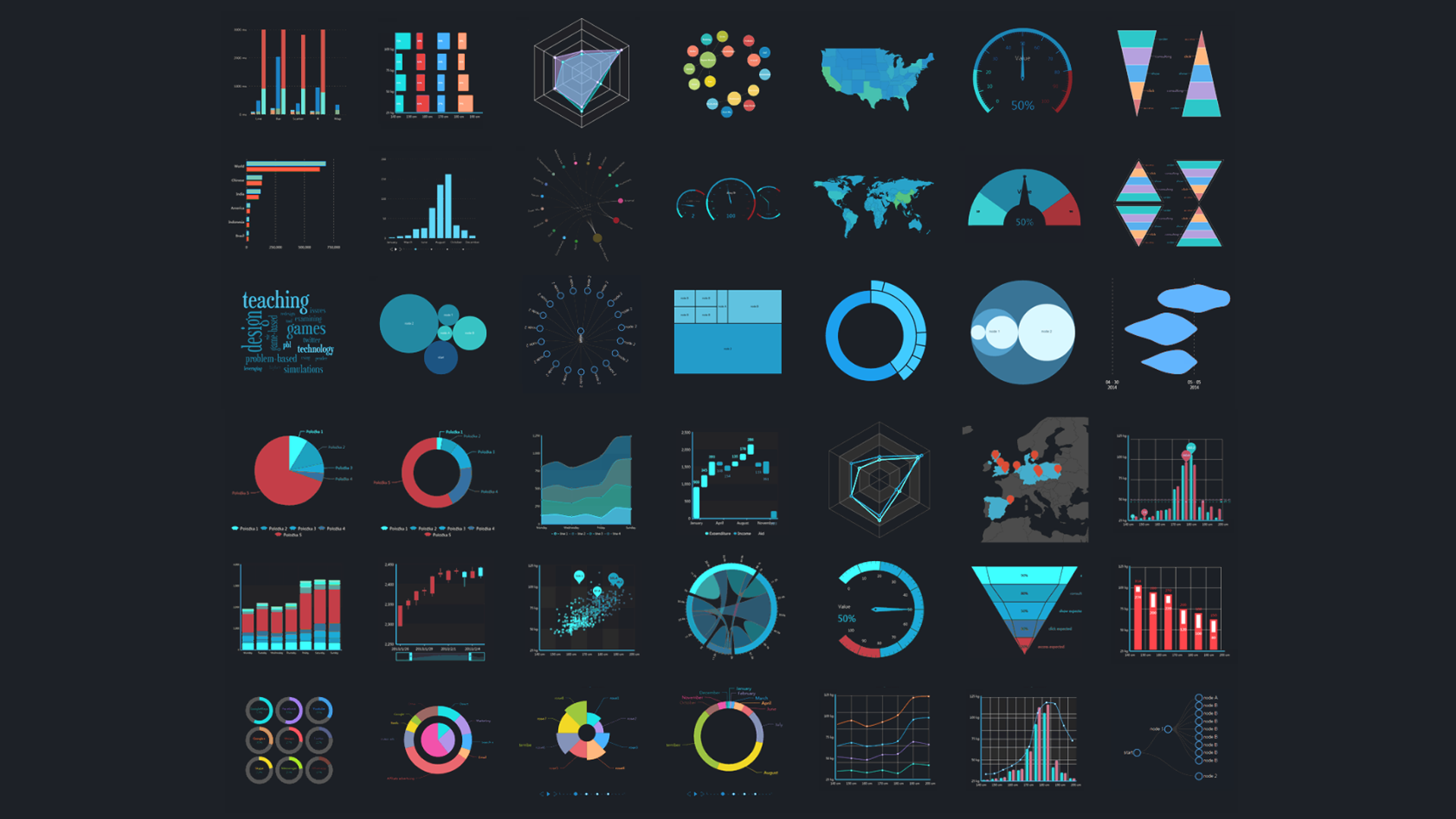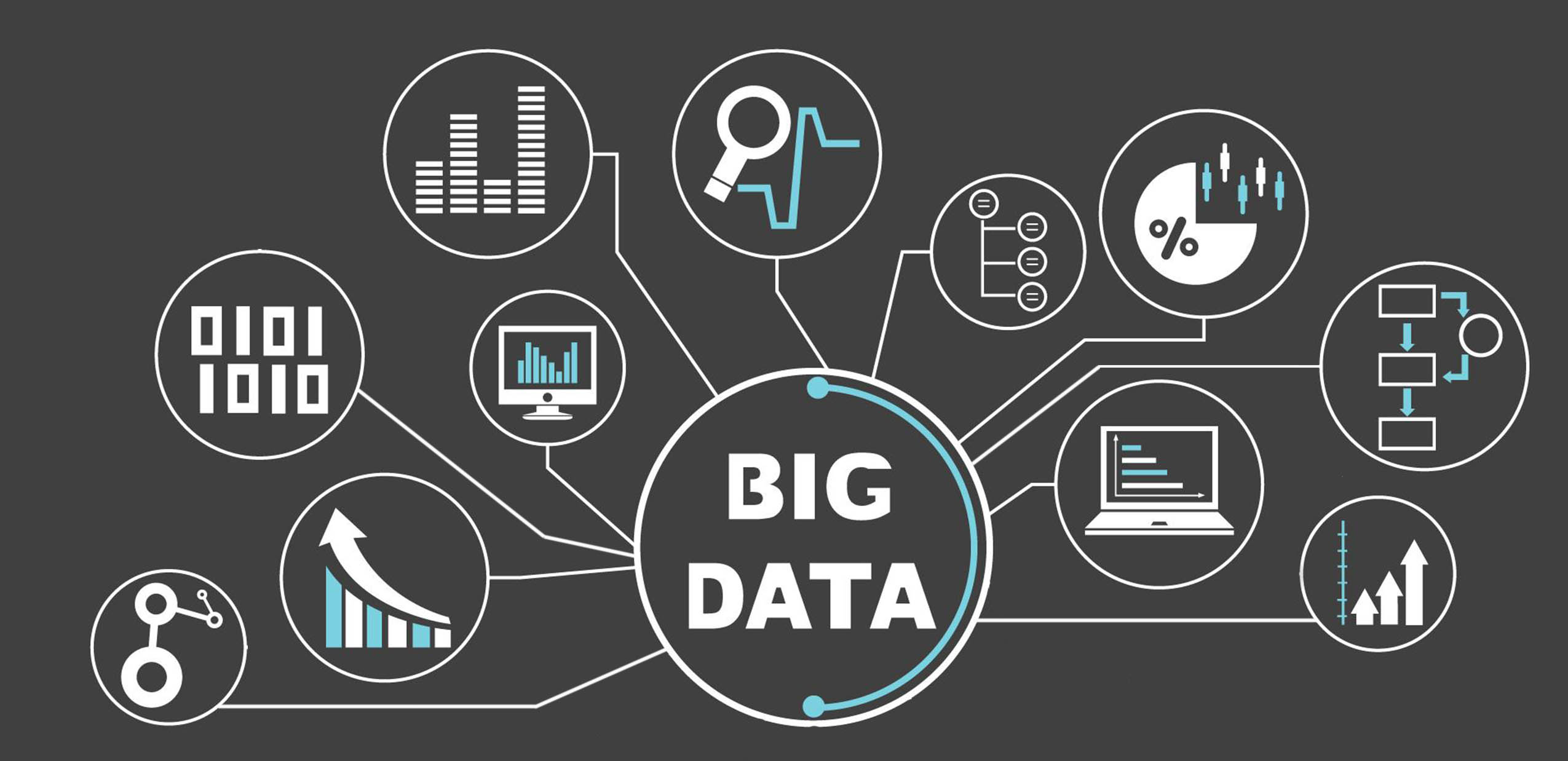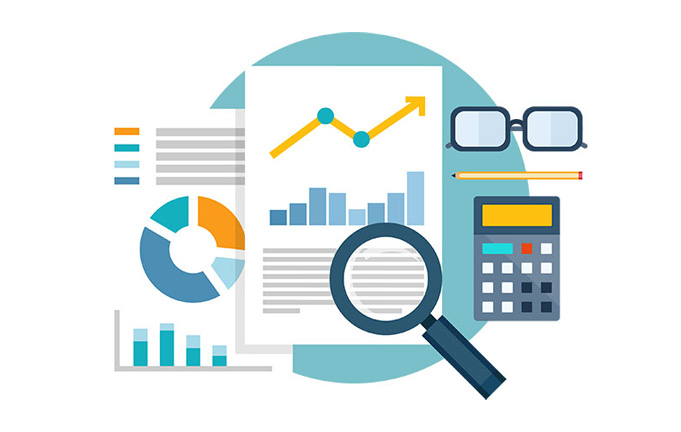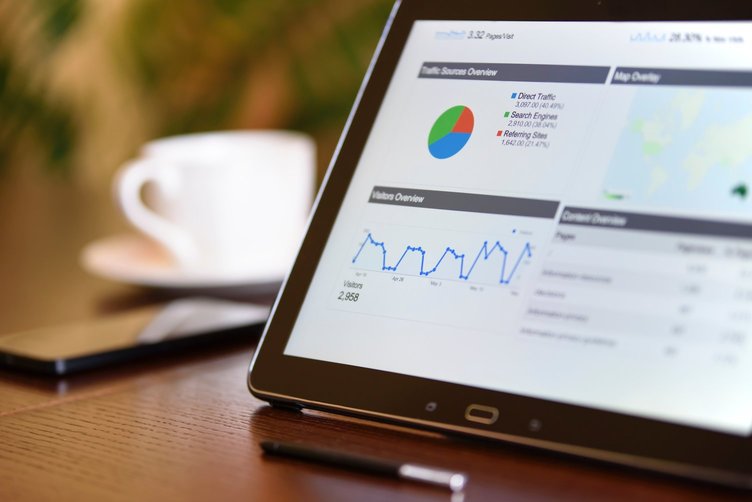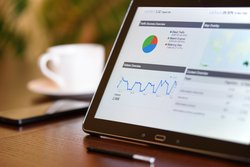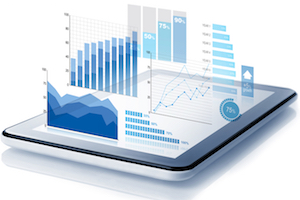While business success in any endeavor should never be considered a given, it has long been established that a great deal depends on making the best business choices. Conversely, to err really is human so we should not just consider the possibility of mistakes in business, but actually expect them. One of the often frustratingly simple answers to making headway in an enterprise is to ensure that over time, you make more good decisions than bad.
How technology can help you to do it right
Considering the huge technological leaps which have been made in the last few decades, BI (business intelligence) is now able to tap into huge amounts of data which has the potential to guide future decision making. By analyzing historic outcomes, intelligent business systems are able to accurately predict outcomes that would otherwise have left you guessing.
So why isn’t it happening?
The irony is, that not all business leaders and entrepreneurs appear to have “switched onto” the awesome power of these evolving technologies, choosing instead to rely on their own instincts and (often limited) experience. The reality is, that without relevant data, you will never be in possession of the full picture, and that ultimately means that there is a larger than average chance that your decisions may be somewhat ill-informed.
Appreciating the apparent distrust of data
As often as not, when the proverbial cookie actually crumbles, many such naysayers are oft quick to blame their actions on a somewhat nefarious distrust of data-driven analytics. The convention of such thinking is often colored by an underlying attitude that their proposed bold and unconventional approach was itself thwarted by the “bean counters’ imagined and misplaced trust in the very data which they ignored.
It’s rather like trying to beat the house at a casino, in so much that professional gamblers can make a living from doing so, but only because they take into account both the odds and the law of averages. In short, they use the available data and approach gambling in an analytical and methodical way rather than relying on any “gut instinct” or indeed, Lady Luck herself.
The fact is, that statistics do normalize over time as historical and accumulated data is analyzed, revealing patterns that the human brain may be both unable to detect or formulate.
The problem of flashbulb memory
Thanks to something which has been described as the “flashbulb memory” problem, humans tend to recollect extreme and unexpected or traumatic life events over more mundane historical occurrences. The upshot is, that business executives and entrepreneurs are more likely to remember exceptional outcomes with (as research also suggests) not the best of clarity or accuracy either. This explains why many of their unexpected and unusual outcomes become lodged in some kind of business folklore, despite being outside of the norm.
The potential of data in your business
It is no secret that most marketing teams across virtually every type and size of endeavor have been analyzing performance data to some extent or another for decades. This used to work fine when combined with the human touch and everything in the garden was rosy so to speak. Unfortunately, businesses now handle huge amounts of data and the only efficient way to deal with such data is through up-to-date IT systems that are programmed to collect, store, and analyze it. Even if we were to use data-driven scenarios to balance the possible decisions we formulate from our own experience and gut feeling, we would already be making massive use of its latent potential. Through testing and comparing, data and instinct can strike the middle ground of making important business decisions.
Setting out data usage parameters
To even consider the idea that data-driven decisions are only relevant to the higher echelons of corporate business could prove to be a costly misconception. The truth is that while those balancing atop the giddy corporate ladder are likely to deal with the bigger bananas of the company, data is also proving to be an invaluable resource to those beavering away on the lower rungs. Rather than akin to the early days of data imputing, the time-honored adage that “the data is only as good as those who input it’ is still as relevant today and those who set the parameters of data usage do indeed carry a hefty weight of responsibility.
Making data work for your business
The default setting for data is that your organization is lumbered with it to some extent or another. Through improved protective legislation, any entity which holds data is duty-bound to keep it secure and to advise the owners of its intended use within the organization. It is to this end that data management has become such a “hot potato” and also why some businesses have resorted to handling it like liquid Kryptonite.
The bottom line is that all that data isn’t going away anytime soon and, worse still; the “data mountain” will just keep on growing. The good news for virtually every business and organization which collects data, however, is that it can be put to use. Data is everywhere, including every business system and accounting software that you use. The key to making the most of that data lies in how you choose to use it within your organization.
Investing in data management systems
From accounting and finance to marketing and sales, every department and function of your business is continually collecting valuable data.
Entities that are committed to gaining the maximum benefit from their available data already appreciate the value of investing in the relevant software and other systems. Through integration with your existing or additional systems, proprietary software platforms will filter, store, and analyze your data. It can then, potentially be put to work and used to predict possible outcomes across virtually every department and business activity. Astute owners and managers who are able to visualize the potential of data usage are among those most likely to find themselves at the forefront of this ongoing digital age.




